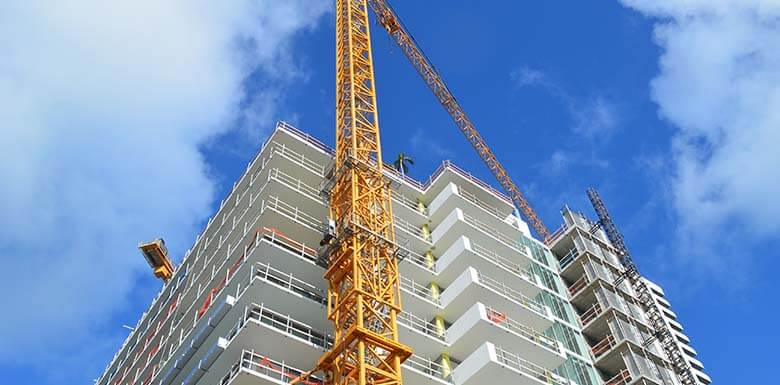December 5, 2021
Will Automation Reduce High-Rise Risks?
By Jonathan Damashek
Posted in

Technological advancement has always had a significant impact on our working lives. Not only are computers becoming smaller, more powerful, and cheaper, but the software is getting better, and robots’ physical capacities are increasing. This translates to more automation in various industries.
Aside from ensuring the sustainable quality of a product or service, automation can also reduce workplace injuries because machines can do more dangerous tasks. In New York City automation could make working on high-rises a lot safer.
Essentially, if there are fewer window washers, there will be fewer suffering injuries.
Machines Do Dangerous Jobs Without Injuries
Washing windows on commercial buildings is hazardous work. You don’t need to fall far to suffer a crippling or fatal injury. According to ZDNet, over a 15-year period, the Occupational Safety and Health Administration tracked 88 window washing accidents, with 62 being fatal.
You may see robots cleaning skyscraper windows soon. ZDNet reports that the developer of a window washing robot, Ozmo, recently reached an agreement with Platinum, which provides maintenance services in New York.
Ozmo’s technology makes you appreciate human window washers.
- It uses a sensor to feel the glass
- Since it knows glass is fragile, it shouldn’t push hard enough to break it while cleaning it
- Artificial intelligence helps Ozmo stay stable, even in bad weather
- The system uses lasers to scan a building’s facade, puts the surfaces in its memory, and plans a cleaning path that’s continuously updated
Will Employees Lose Their Jobs?
Platinum will add Ozmo to its window cleaning division. Their staff will be trained to use it. Then they’ll run the window washing robots. If employees are on the ground or in the building being washed, operating these robots should be a far safer job.
But given the high cost of these high-tech machines, it doesn’t make economic sense to have one employee supervising one robot. If so, robots will add costs, not reduce them. Their true benefit comes when companies are more productive because they can do more at a lower cost. There will be fewer employees, but the ones you have will typically perform greater value work.
No One Wants an Injury, But We All Need a Paycheck
According to CNBC, robot manufacturers are focusing development on machines that perform “dull, dirty, and dangerous” jobs. However, the wages they pay to those performing them support families nationwide. No one doing this work wants to get injured, but they have bills to pay.
Unless new jobs arise as machines perform these “dull, dirty, and dangerous” ones, there could be a whole new class of underemployed Americans. The McKinsey Global Institute predicts as many as 73 million jobs will be lost to robots by 2030 just in the United States. Currently, there are about 161 million people in the country’s workforce.
Will Robots Give Us Safer/Better Jobs?
No one knows for sure how the increasing use of robotics will impact jobs. After all, ATMs were supposed to cut the number of bank branches. While the average number of employees per branch initially dropped, branches and banking transactions later increased.
Instead of employing people in dangerous window washing jobs, there might be more jobs at Platinum selling their building maintenance services, which may be less expensive and higher quality thanks to robots. The company may have fewer injured employees because sales are less dangerous than washing windows.
We all have bills to pay, and we want to go home every night safe and healthy. We can only hope the increasing use of robots will result in fewer on-the-job injuries because our jobs are less hazardous, not because fewer of us will be employed.
Contact an NYC Work Injury Lawyer
If you or a loved one is injured while washing windows or on scaffolding in the NYC area, you may not know what to do next. If you have questions or believe negligence caused the accident, reach out to Hecht, Kleeger & Damashek, P.C.
We have considerable experience and a record of success in similar claims. We will review your legal options and explain what you may be entitled to recover.
Schedule a no-cost, risk-free case review with our online form or call 212-490-5700.